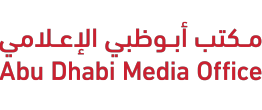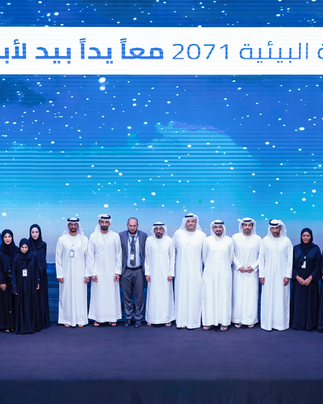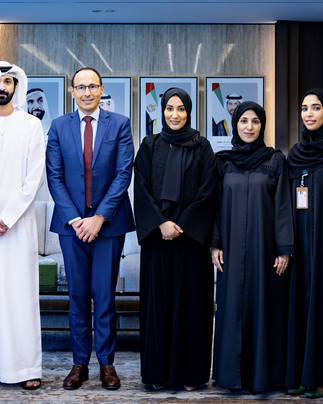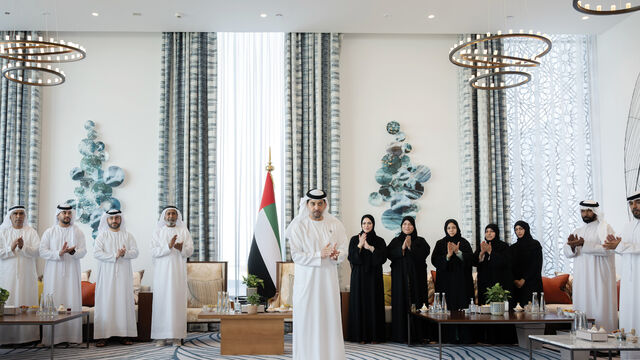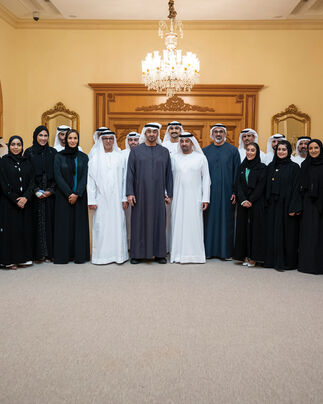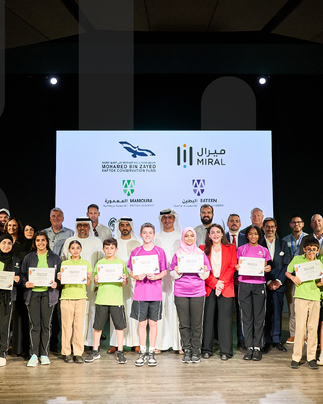The onset of rain and mild temperatures in the wild spaces of beautiful Kazakhstan provide and maintain habitats for various falcon species and their food sources, while ensuring increased wild breeding opportunities and a link to global migration routes.
The Sheikh Zayed Falcon Release Programme (SZFRP) continues to enhance its contribution to nature conservation by releasing 71 falcons into the wilds of Kazakhstan, reinforcing its position as one of the largest wildlife conservation programmes in the world.
It is also a key element in the environmental legacy of the late Sheikh Zayed bin Sultan Al Nahyan, in maintaining natural balance with the best international practices under the patronage of His Highness Sheikh Mohamed bin Zayed Al Nahyan, President of the UAE, and under the follow-up of H.H. Sheikh Hamdan bin Zayed Al Nahyan, Ruler's Representative in Al Dhafra Region, and Chairman of the Environment Agency - Abu Dhabi (EAD).
The programme is supervised by EAD in partnership with the International Fund for the Conservation of Houbara (IFCH), which oversees the technical and field aspects, and the Abu Dhabi Falcon Hospital (ADFH), which provides veterinary services support.
Through regular and continuous releases conducted annually, the programme has managed, since its establishment in 1995, to return 2,159 falcons back to the wild. Field studies and satellite tracking data indicates that these falcons adapt extremely well, and can migrate over distances up to 43,000 km. They also breed naturally, increasing their numbers in the wild and ensuring future generations will be able to mitigate the risks they face in their natural habitats. These include urban sprawl, agricultural expansion, environmental pollution, climate change and unsustainable practices.
Among the birds recently released, 10 falcons were fitted with solar-powered satellite-tracking devices, which will monitor survival, propagation rates and traditional migratory routes, and gather other important scientific data that will help develop methods for preparation, training and release.
Commenting on this new achievement of the programme, His Excellency Mohammed Ahmed Al Bowardi, Vice Chairman of the Board of Directors of EAD and the International Fund for the Conservation of Houbara, said, “Based on the directives of the leadership of the United Arab Emirates, Abu Dhabi continues to cement its pre-eminent global position in the conservation of nature and the protection of wildlife species. This includes our exceptional efforts to preserve falcons, houbara and other types of wildlife of environmental, cultural and historical importance, further increasing their opportunities for survival and enabling their prosperity in nature.”
His Excellency Al Bowardi praised the successful international partnership with the Republic of Kazakhstan in this field, and expressed his sincere thanks to the Kazakh authorities, whose significant efforts contributed to the joint team’s implementation of this programme.
